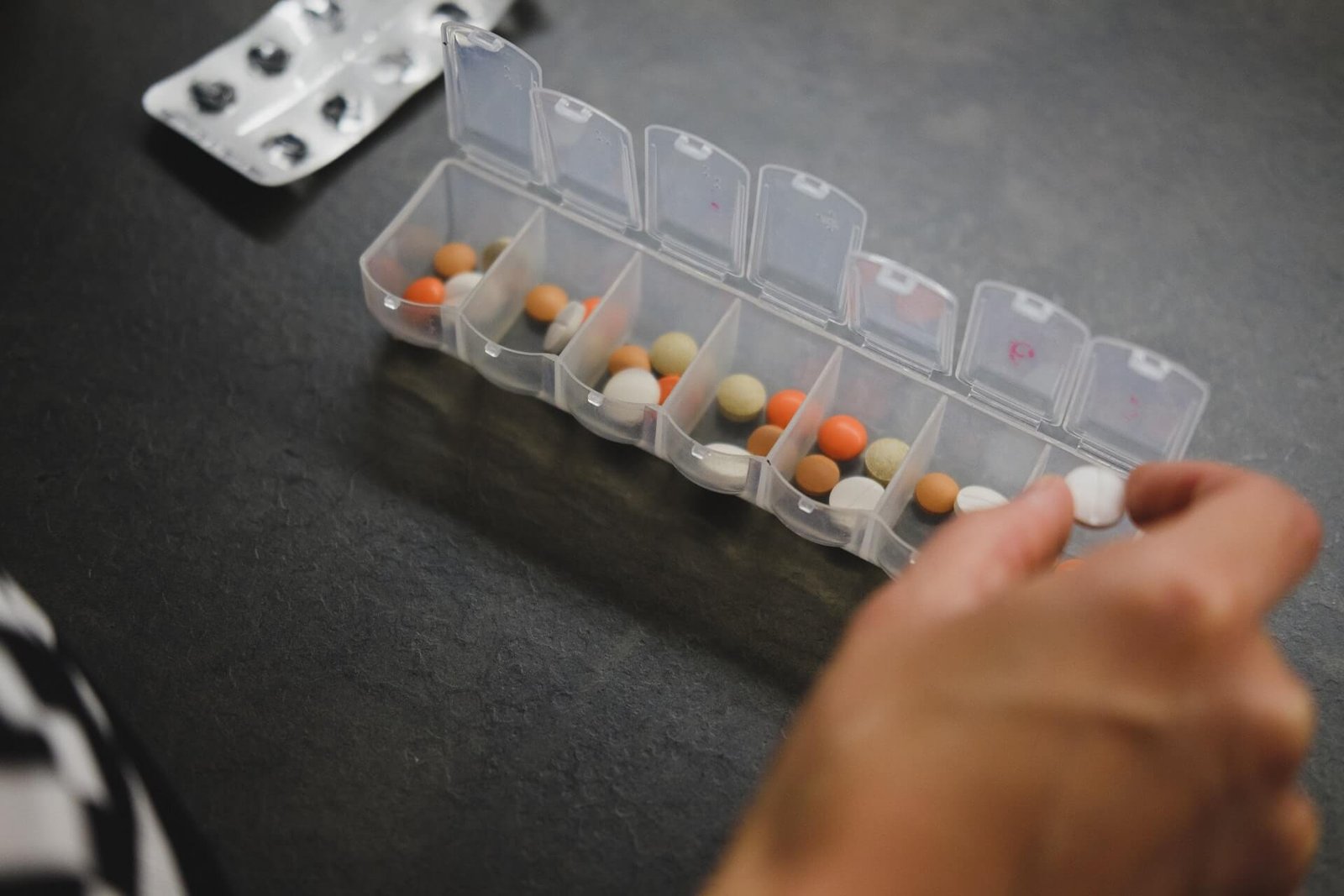Schools play a critical role in educating teens about the dangers of prescription drug abuse. With the increasing availability of prescription medications and the rising rates of misuse among young people, schools are uniquely positioned to provide students with the knowledge and skills they need to make informed decisions. Through comprehensive education programs, schools can help prevent drug abuse and promote healthier lifestyles among teens.

Why Schools Are Essential in Drug Education
Schools are a primary source of information and guidance for teens during their formative years. With students spending a significant portion of their time in school, educators have the opportunity to influence their understanding of important issues, including the risks associated with prescription drug abuse. By integrating drug education into the school curriculum, schools can reach a wide audience and ensure that all students receive consistent and accurate information.
Moreover, schools are often a trusted environment where teens feel comfortable discussing sensitive topics. This trust allows educators to address the complexities of drug abuse, including the social pressures and emotional challenges that may lead to misuse. Schools can also foster a supportive community where students feel empowered to seek help if they or someone they know is struggling with prescription drug misuse.
Implementing Comprehensive Drug Education Programs
To be effective, drug education programs in schools must be comprehensive and age-appropriate. These programs should cover a range of topics, including the dangers of misusing prescription medications, the signs of addiction, and the legal consequences of drug abuse. Educators should also discuss the importance of using medications as prescribed and the potential long-term effects of misuse on health and well-being.
Interactive lessons, such as role-playing scenarios and discussions, can engage students and help them internalize the information. Schools should also incorporate real-life stories and testimonials to make the issue more relatable and impactful for students.
In addition to classroom instruction, schools can offer workshops, assemblies, and guest speaker events to reinforce the message. Collaborating with local healthcare professionals, law enforcement, and community organizations can provide students with a broader perspective on the issue and access to additional resources.
Empowering Students to Make Informed Choices
One of the most important aspects of drug education is empowering students to make informed choices. Schools should equip teens with the skills they need to resist peer pressure, make healthy decisions, and seek help when needed. Teaching students about the power of refusal and the importance of critical thinking can help them navigate situations where they may be offered prescription drugs.
Schools can also provide resources for students who may already be struggling with drug misuse. This includes offering counseling services, support groups, and referrals to local treatment centers. By creating a supportive environment, schools can encourage students to seek help without fear of judgment or stigma.
Involving Parents and the Community
Educating teens about prescription drug abuse should not be the sole responsibility of schools. Involving parents and the broader community is essential to creating a unified approach to prevention. Schools can host parent-teacher meetings, workshops, and informational sessions to educate parents about the signs of drug abuse and how to talk to their children about the issue.
Community partnerships can also enhance the effectiveness of school-based drug education programs. Working with local organizations, healthcare providers, and law enforcement can provide schools with additional resources and expertise to address the issue more comprehensively.
Conclusion
Schools have a vital role in educating teens about prescription drug abuse. By implementing comprehensive education programs, empowering students to make informed choices, and involving parents and the community, schools can significantly reduce the risks of drug abuse among teens. Through education and support, schools can help foster a generation of young people who are informed, resilient, and prepared to make healthy decisions for their future.











